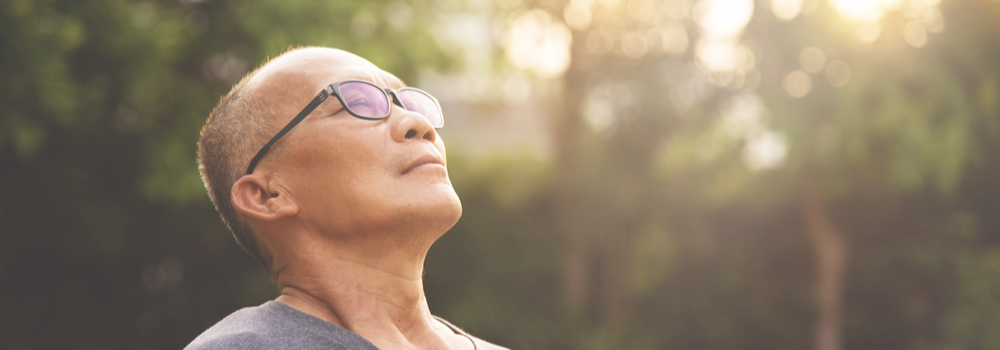If you only know a few things about 12-step programs like AA, you probably know they often meet in church basements and that relying on a higher power is a big part of the program. And that’s true; several of the steps involve asking God for help, turning over your will to a higher power, and praying. In the early days of AA, the founders could take for granted that most of their members would be Christian but these days things are different. More religions are represented in American life than ever before. Beyond that, fewer Americans are adhering to traditional modes of religious life, preferring instead their own forms of spiritual exploration. Given the increasing plurality in American religious life, it’s worth asking: Do you have to be religious to work the steps? The short answer is no. Here’s why.
All 12-step groups are different.
First, 12-step programs are member-run and decentralized. While meeting formats are the same for every meeting, every group is different. Some groups will certainly have a religious orientation but others don’t. Some people find that even if they aren’t religious, they can tolerate the religious talk and still derive benefit from attending meetings. If one group doesn’t seem to be a good fit for you, you can always try other groups until you find one you like.
Social connection is key.
One reason non-religious people can find benefit from religious 12-step meetings is that social connection you find at meetings is a big part of recovery. It’s basically a ready-made sober network that understands what you’ve been through and will listen to what you say without judgment. You will also feel a greater sense of accountability if you know you will have to go in front of the group the next day and admit that you slipped up.
Your higher power is a matter of perspective.
While the founders of AA intended for “higher power” to be interpreted with some flexibility, it seems pretty clear they meant some version of the Abrahamic God. However, what really matters is that you are able to change your thinking so that you no longer occupy the center of your universe. That might mean devoting time to a cause you see as more important than yourself or, as some studies have shown, experiences of awe, such as standing at the edge of the Grand Canyon, might do the trick.
There are many paths to sobriety.
Most importantly, don’t fall into the trap of thinking that 12-step programs are the only road to sobriety. They have helped many people and they can be a valuable part of your recovery plan, but there are many ways to get sober. The important thing is that you identify your needs, develop a plan that works for you, and stick with it.
Tree House Recovery of Portland, Oregon uses cutting-edge techniques in individualized programs to help men achieve freedom from addiction. Taking a holistic, sustainable approach to the inner and outer effects of addiction ensures you or your loved one will emerge with the confidence and skills to manage your addiction independently. No one is beyond help- our Admissions Counselors are available 24/7 at (503) 850-2474




